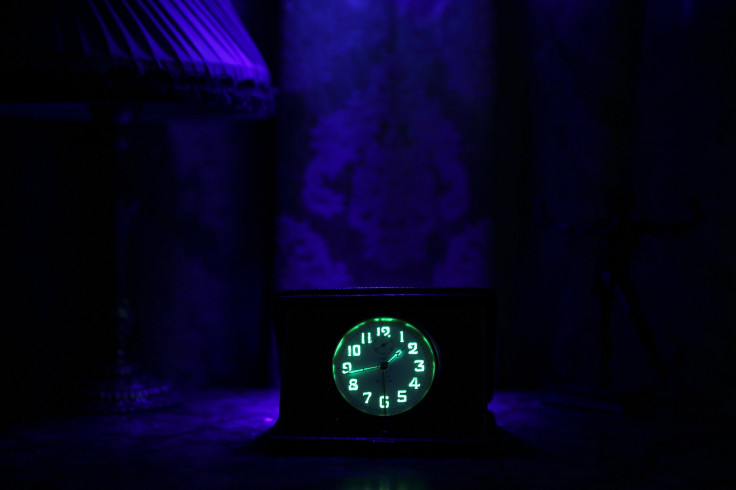Night owls have higher risk of dying sooner than morning types: study

Night owls are more likely to die during the six years than morning types of people, according to new research. Those who are “evening person” are more likely to suffer from diabetes, stomach and breathing troubles and psychological disorders.
Researchers followed more than 430,000 adults in the United Kingdom for six and a half years. The participants are between 38 to 73-years-old.
Twenty-seven percent of the participants defined themselves as either "definitely a morning person,” 35 percent said they are "more a morning person than evening person,” 28 percent were "more an evening than a morning person" and 9 percent were "definitely an evening person.” They also provided information about their smoking habits, socioeconomic status and weight.
At the end of the allotted period, researchers were able to compare the mortality rates of the morning and evening types of people. The study suggests that those who drag themselves out of bed may be at higher risk of poor health and are more likely to die younger than those who rise and set with the sun.
Study co-author Malcolm van Schantz of the University of Surrey said it is a public issue that could no longer be ignored. Northwestern University’s Kristen Knutson, a fellow author, warned that night owls trying to live in a morning-lark world may (suffer) health consequences.
The duo analysed information and found that those in the night owl group had a 10 percent higher risk of dying compared to those in the early-morning group. Those who consider themselves as an evening person were also more likely to drink alcohol and coffee, smoke and use illegal drugs.
Knutson said the greater risks may be because those who are up late have an internal biological clock that does not match their external environment. "It could be psychological stress, eating at the wrong time for the body, not exercising enough, not sleeping enough, being awake at night by yourself, maybe drug or alcohol use,” Knutson added.
It is not the first time that a study about the health differences between early birds and night owls has come out. A 2017 study out of Finland, for instance, found that morning people were more likely to eat better and earlier in the day than those who rise late. Such habit leads to higher risk of obesity for night owls. Genetics, environmental and lifestyle factors are believed to play a role in determining whether someone is a morning or an evening type of person.





















